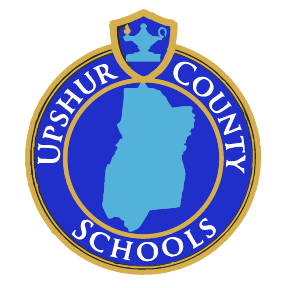
Upshur County School leaders, joined by leaders and educators from other states, recently participated in an immerse learning study in Italy involving the early childhood education, Reggio-Emilia Approach. In collaboration with the June Harless Center of Marshall University and WVU, leaders and educators from the United States visited preschools and infant-toddler centers. Through this experience, Upshur County has adopted the Reggio-Emilia approach of learning in Pre-K classrooms and are moving forward with the implementation.
The Reggio-Emilia approach is a student-centered and self-guided curriculum that uses experiential learning in relationship-driven environments. Implementing the Reggio Emilia approach will be based on the principles of respect, responsibility, and community through exploration, discovery, and play. The Reggio Emilia style is based on the belief that every child is unique and will express their interests in different ways. This approach revolves around the children’s senses, relying on sight, sound, touch, and even taste and smell to assist with learning. Reggio Emilia classrooms adapt to the children within the room. It is about them, their families, and their communities. Families are a vital part of the Reggio Emilia philosophy, as they serve as partners, collaborators, and advocates for their children.
Specific to the Reggio-Emilia approach is the principle of the hundred languages. Children possess a hundred languages, which incorporate a hundred ways of thinking of expressing themselves, of understanding, and of encountering others. This way of thinking creates connections between various dimensions of experience that transform and multiply cooperation and interaction among children, between the hundred languages, and between children and adults. Value and equal dignity are given to all the verbal and non-verbal languages.
Upshur County early childhood teachers are implementing Reggio-Emilia practices and are actively participating in a thorough book study that support understanding of the educational approach. Partnerships and grants provided by the June Harless Center and WVU offer opportunities for leaders, educators, and students to benefit from innovative teaching and learning application.
Lori Woods, Upshur County Schools Pre-K Coordinator reflects on her experience and shares, “During our time spent in the community of Reggio Emilia, we participated in a program of study that included presentations by teachers, pedagogistas, and atelieristas from the Preschool, Infant and Toddler Centers. We studied the values of educational projects, experienced an atelier group, and visited the schools, all through while looking through the lens of the value of children. We must consider the child as a whole, capable of presenting many different skills: emotional, cognitive, perceptive and so much more. We can bring the concept of The 100 Languages of Children to our classrooms and to the children of Upshur County Schools.”
